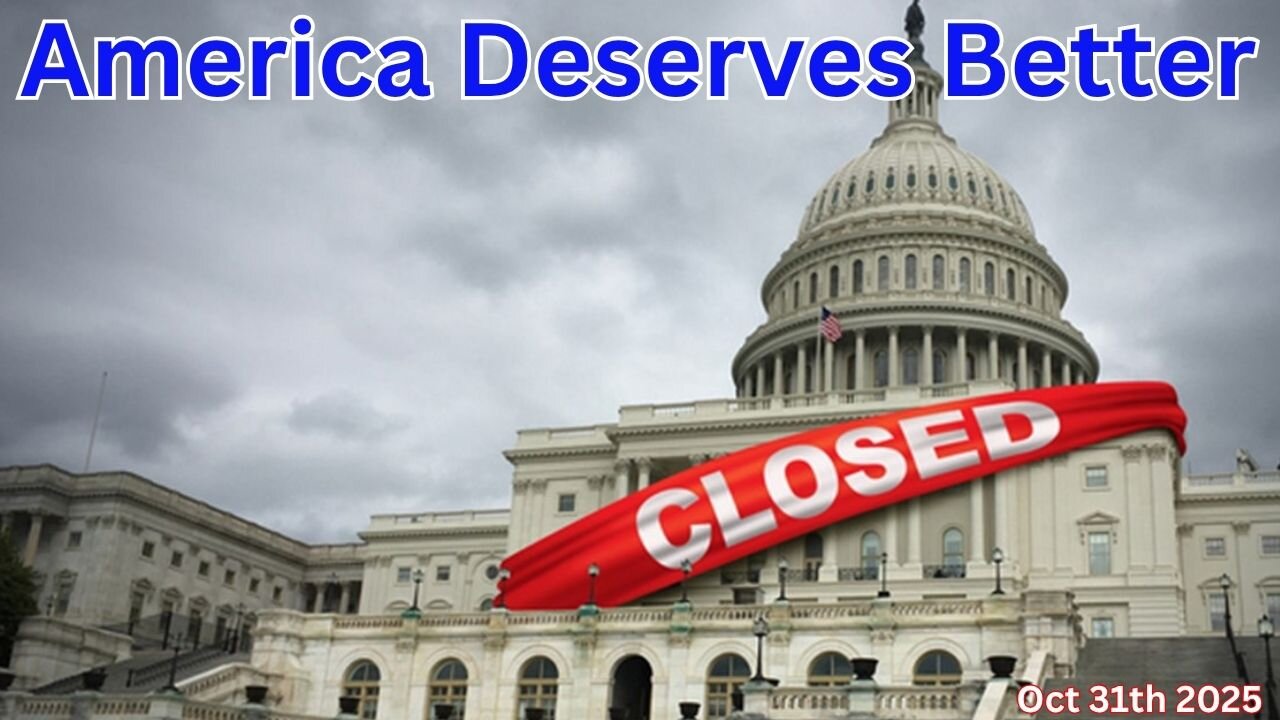Too Much SALT Could Ruin the ‘One Big, Beautiful Bill’

President Donald Trump’s “one big, beautiful bill” could be in jeopardy over a major SALT disagreement.
Not the kind of salt that you keep in a shaker on the dinner table, but the cap on the state and local tax (SALT) deduction. A large increase in the SALT limitation could make extending the 2017 Trump tax cuts fiscally unworkable and open the door to large-scale tax increases.
The federal tax code allows individual and married filers to claim a deduction on some state and local taxes (generally for income and property taxes), but the deduction amount is limited to $10,000 per filer.
However, some members of Congress want to raise that cap to more than $30,000, or even to remove the limitation on state and local tax deductions altogether.
And to what end?
For most Americans, raising the SALT cap above $10,000 wouldn’t reduce their taxes by one penny.
Since the 2017 Trump tax cuts raised the standard deduction, 91% of Americans now claim the standard deduction ($15,000 for single and $30,000 for married joint filers) instead of itemizing. Because most Americans choose the standard deduction, itemized deductions such as SALT don’t even factor into how much federal taxes they pay.
Even if the 91% of Americans who claim the standard deduction did itemize, the SALT cap of $10,000 would be more than enough to cover the state taxes paid by a typical American.
Consider someone earning $120,000, well above the median household income, who pays a 5% state income tax rate (slightly higher than the median). That person would then have $6,000 in deductible state income taxes (less assuming they had any deductions or credits on their state tax return). Add in, say, $3,000 in property taxes, and they’d still have another $1,000 of room before hitting the current $10,000 SALT cap. If Congress increases the SALT limitation to $30,000, that person would have $21,000 of extra room below the cap.
And yet some are arguing that even a $30,000 SALT cap isn’t enough!
The reality is any increase to SALT would be paid for by Americans across the country to benefit a few high-tax localities.
It’s like a group of people are trying to load into a van for a trip, and one person throws numerous bags on all the seats and tells the family, the small business owner, and the factory worker looking for a spot in the vehicle, “Seat’s taken!”?
But for those controlling the budgets of high-tax New York and California, an enormous SALT cap is viewed as a potentially useful tool to foist some of their states’ high tax burdens onto the rest of the country. Whenever their lawmakers spend beyond their means and raise taxes on their higher-income residents, the SALT deduction shifts some of the burden of those new taxes onto the rest of the country.
What members of Congress need to understand is that the SALT cap is a guardrail against every state legislature, but especially those of California and New York, from doubling down on wasteful and harmful spending For example, the $220 million spent by California after the Dobbs decision to subsidize abortion travel and to “address gaps in abortion access.”
It’s an admittedly difficult task to get a majority of lawmakers with different priorities in the House and Senate to unite behind a single bill to address taxes, spending, the border, and national defense when both houses have razor thin margins. But the only way it works is if lawmakers are negotiating their differences in good faith.
If Congress caves on SALT, it will embolden more groups to hold out for their own pet carve-outs. The budget reconciliation process could unravel into fiscal lunacy that forces Congress to choose between nuking the deficit guardrails or abandoning the tax bill altogether.
The stakes are high. If the “one big, beautiful bill” collapses, the looming tax expirations could set up a once-in-a-generation tax hike on everyday Americans.
Is the SALT really worth it?
The post Too Much SALT Could Ruin the ‘One Big, Beautiful Bill’ appeared first on The Daily Signal.
Originally Published at Daily Wire, Daily Signal, or The Blaze
What's Your Reaction?
 Like
0
Like
0
 Dislike
0
Dislike
0
 Love
0
Love
0
 Funny
0
Funny
0
 Angry
0
Angry
0
 Sad
0
Sad
0
 Wow
0
Wow
0












































































